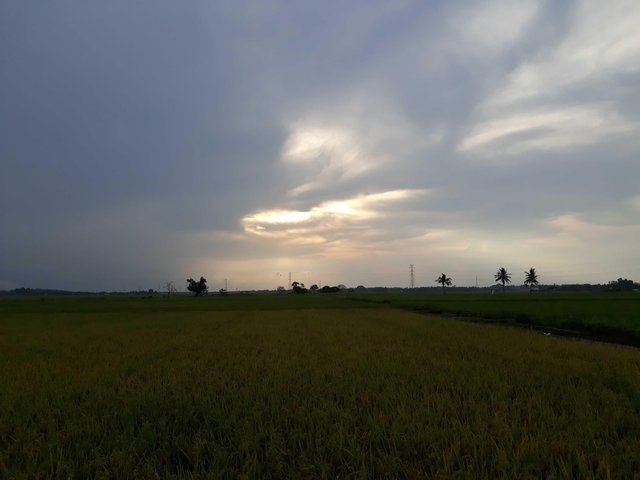Nature

Nature (in the broad sense has a meaning equivalent to the natural world, the physical world, or the material world) refers to the phenomena of the physical world as well as life in general. The natural scale extends from subatomic to cosmic. The study of nature is a large part of science. Although humans are part of nature, human activity is often understood as a separate category of other natural phenomena.
The word nature is a translation of the English "nature", derived from the Latin word natura, or "essential quality, innate disposition," and in ancient times, literally "birth." [1] Natura is a Latin translation of the Greek physis (φύσις), which was originally associated with the innate characteristics of plants, animals and other features in the world. [2] [3] [4] The concept of nature as a whole, or the physical universe, is the development of its original concept; beginning with the application of the Greek physis (φύσις) by pre-Socratic philosophers, and has since continued to develop. This word is also widely used during the advent of modern scientific methods in recent centuries. [5] [6]
In the various uses of the word now, "nature" often refers to geology and wildlife. The word nature may refer in general to different types of living plants and animals, and in some cases to the processes associated with inanimate objects - about the existence of certain types of things and how they change themselves, such as weather and geology on Earth, and matter and the energy from which all these things are composed of them. This word is often interpreted as a "natural environment" or a wild animal, a stone, a forest, a beach, and in general things that have not been substantially altered by human intervention, or that survive despite human intervention. For example, the created object and human interaction are generally not regarded as part of nature, unless judged as, for example, "human nature" or "whole nature". The more traditional concept of such natural things, which can still be found today, implies the difference between natural and artificial, that is, the word artificial is understood as the result of human consciousness or thought. Depending on the particular context, the term "nature" can also be distinguished from the unnatural, supernatural, or synthetic
Hi! I am a robot. I just upvoted you! I found similar content that readers might be interested in:
https://en.wikipedia.org/wiki/Nature